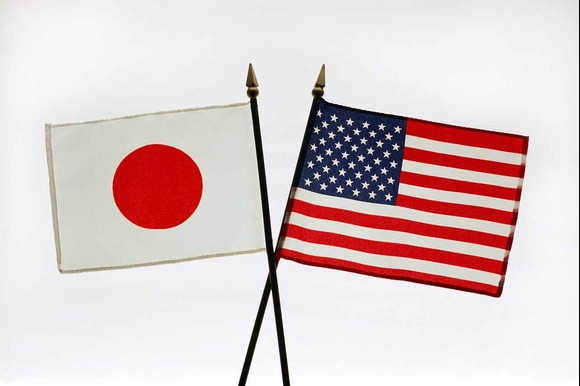Japan’s trade minister announced this week that he was unable to secure guarantees from U.S. officials regarding an exemption for Japan from impending tariffs, some of which are set to be implemented on Wednesday.
Yoji Muto was in Washington for final negotiations concerning tariffs affecting various Japanese exports, including automobiles, steel, and aluminum. On Monday, he stated that Japan, which significantly invests in the U.S. economy and generates employment opportunities, should not face a 25 percent tariff on its steel, aluminum, and automotive exports to the United States.
His discussions with U.S. Commerce Secretary Howard Lutnick, U.S. Trade Representative Jamieson Greer, and White House economic advisor Kevin Hassett occurred just two days prior to the scheduled implementation of the steel and aluminum tariffs. President Donald Trump has also indicated that a potential 25 percent tariff on imported foreign automobiles may be enacted in early April. Muto noted that while U.S. officials recognized Japan’s contributions and agreed to continue discussions, they did not grant his request for an exemption from the substantial import duties.
Muto informed reporters that no confirmation had been received regarding Japan’s exemption. He emphasized the necessity of maintaining our stance.
In light of Trump’s tariff threats, which have escalated tensions and prompted retaliatory promises from Canada, Mexico, and China, Japan has been actively seeking to strengthen its relationships with other nations.
Recently, the foreign and trade ministers of Japan and the United Kingdom convened in Tokyo for their inaugural two-plus-two economic dialogue. They reached a consensus on advocating for fair, rules-based international trade, although Trump was not explicitly referenced.
Muto noted that both parties agreed to continue discussions aimed at establishing a mutually beneficial relationship that aligns with the national interests of both nations.
Additionally, the dialogue included topics on energy cooperation, particularly the joint development of liquefied natural gas reserves in Alaska, a matter previously agreed upon by Trump and Prime Minister Shigeru Ishiba during Ishiba’s visit to the White House in February.
Japan’s economy is significantly reliant on exports, and the imposition of auto tariffs would be detrimental, as vehicles represent its largest export category, with the United States being the primary market.
Rintaro Nishimura, a political analyst and associate at Japan Practice of The Asia Group, remarked that Japanese companies are understandably apprehensive. He highlighted that the automotive sector is particularly vital for Japan, especially in light of the impending tariffs. He also expressed concern over the Trump administration’s actions occurring merely two months after taking office. Furthermore, Trump has criticized Japan’s contributions to the mutual defense arrangements between the two countries, further straining relations with Tokyo.






